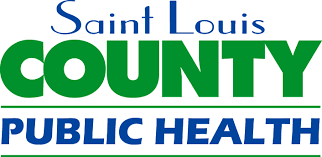top of page

Resources
MORA provides value by connecting people, offering industry insights, keeping members and the general public up to date on industry news and legislation, and influencing policy to support our economy and business in extracting the highest and best use of materials at end of life.
-- Sustainer Members --

---- Leader Members ----






Get Involved !
bottom of page













